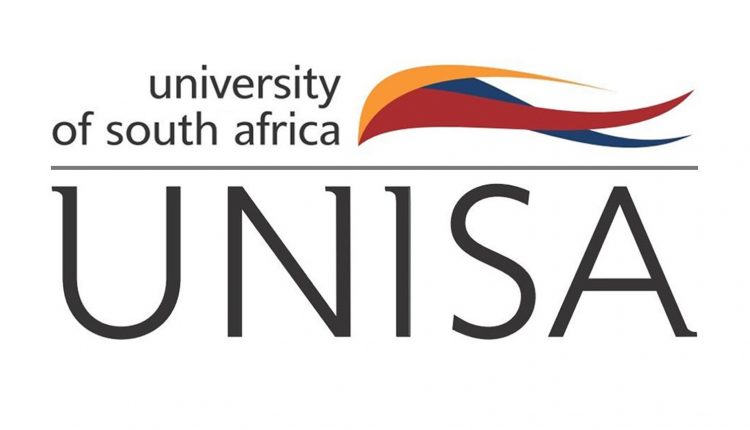University of South Africa: Unisan shares DNA expertise at the United Nations
Mapholi recently attended the summit on behalf of the Africa BioGenome Project (AfricaBP) as one of the invited speakers. The session was entitled “The key for a successful UN’s Post-2020 Global Biodiversity Framework – standards for measuring biodiversity with molecular tools”.
Biodiversity loss is a major challenge globally and has serious implications for human well-being. It amplifies negative aspects of climate change and impacts adversely on achieving several sustainable development goals.
Mapholi was also invited to join a panel discussion on developing international standards aimed at enabling the use of novel molecular techniques to extend and improve current biodiversity and genetic monitoring in all types of habitats. From the panel discussions, three key recommendations were proposed:
A need to create minimum requirements for international standards
Immediate integration of method standardisation as a central implementation aim into the Convention on Biological Diversity policy development work programme was recommended.
A need to develop standards inclusively
Currently, participation from developing countries in standardisation is minimal. Therefore, it was recommended that developing countries, including African countries, should be actively involved in the standardisation workflow and that international standardisation bodies, such as the European Committee for Standardisation and International Organisation for Standardisation, should formally conduct the standardisation process.
Dedicated biodiversity funding to develop DNA standards
Dedicated funding should be made available to encourage participation in inclusive method standardisation, especially by developing countries.
During the panel discussion, Mapholi emphasised that AfricaBP, in collaboration with Unisa, is keen to assess the African DNA methods status and develop protocols that will enable the quality of DNA standards to monitor African biodiversity and improve agriculture production.

